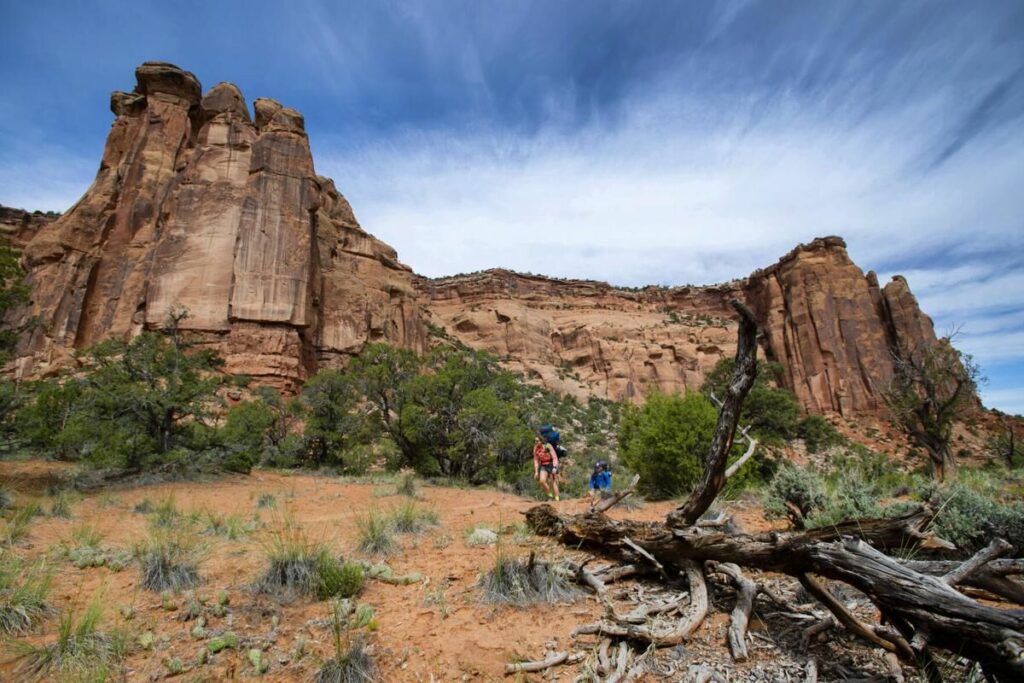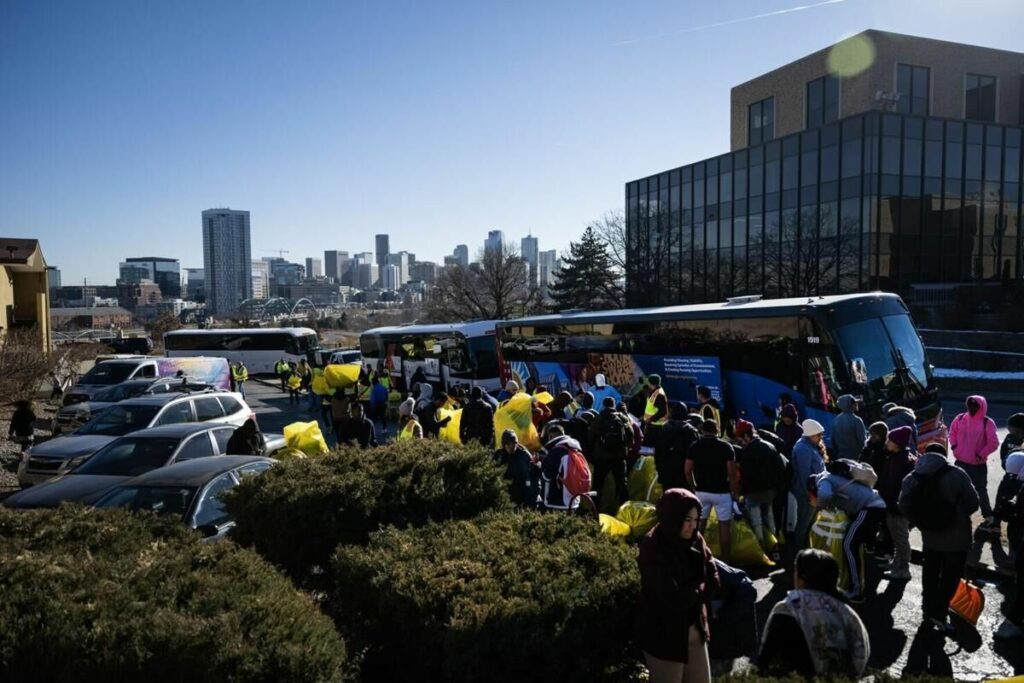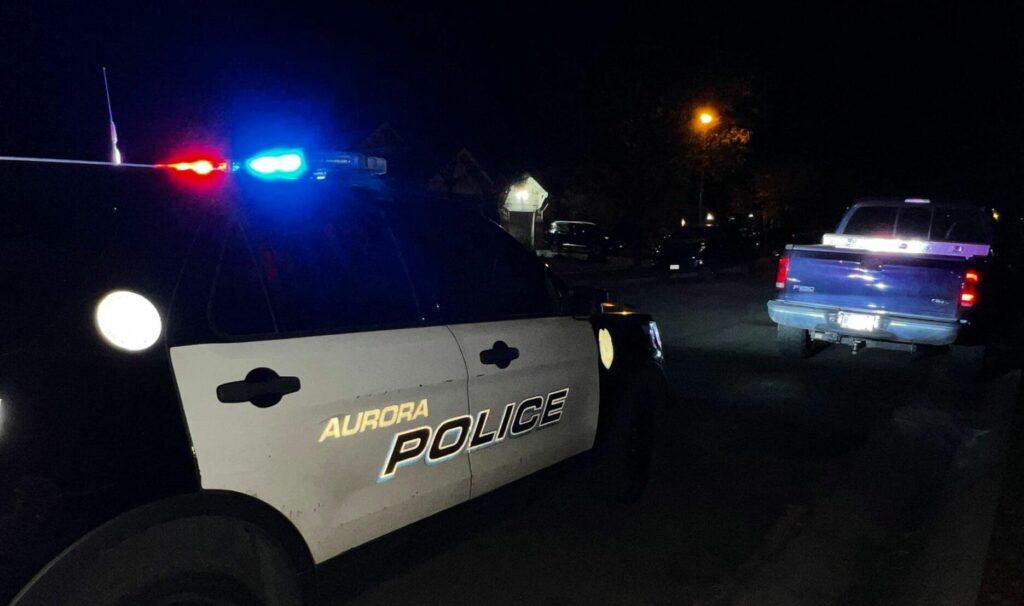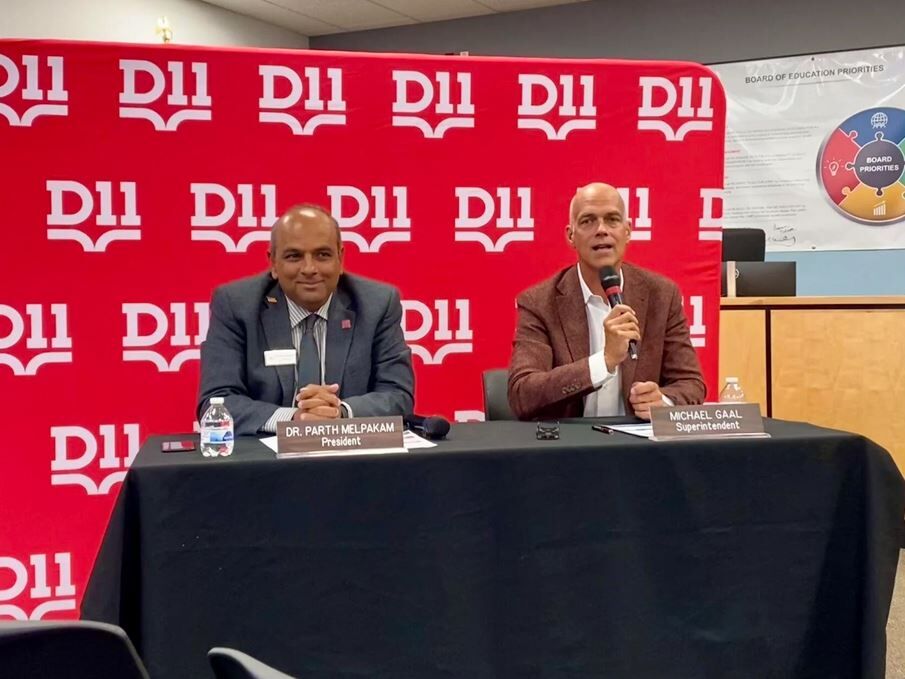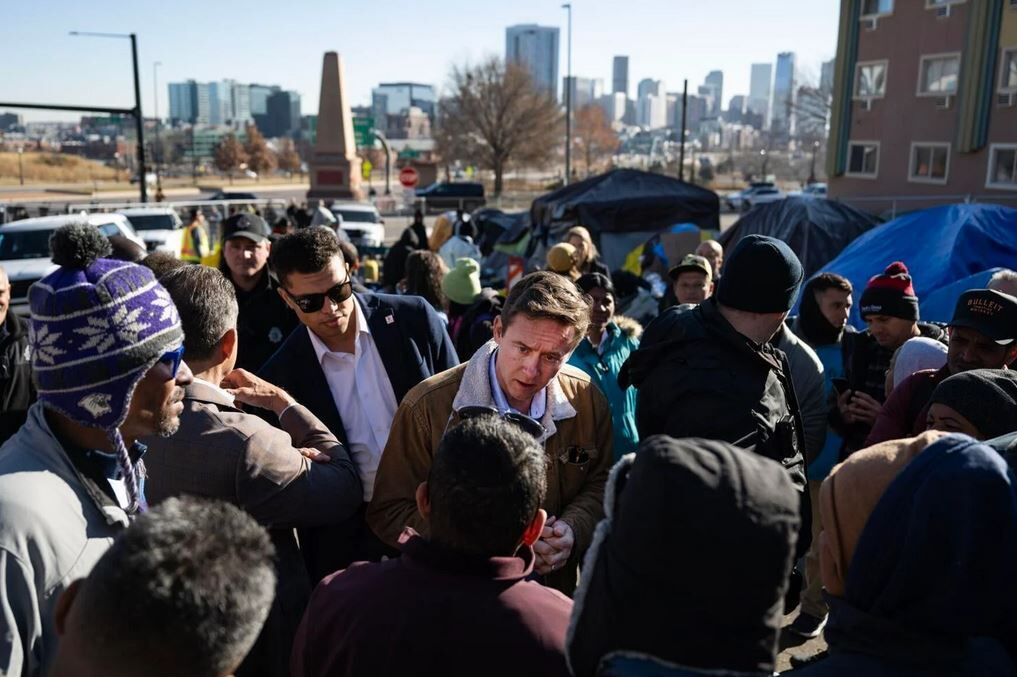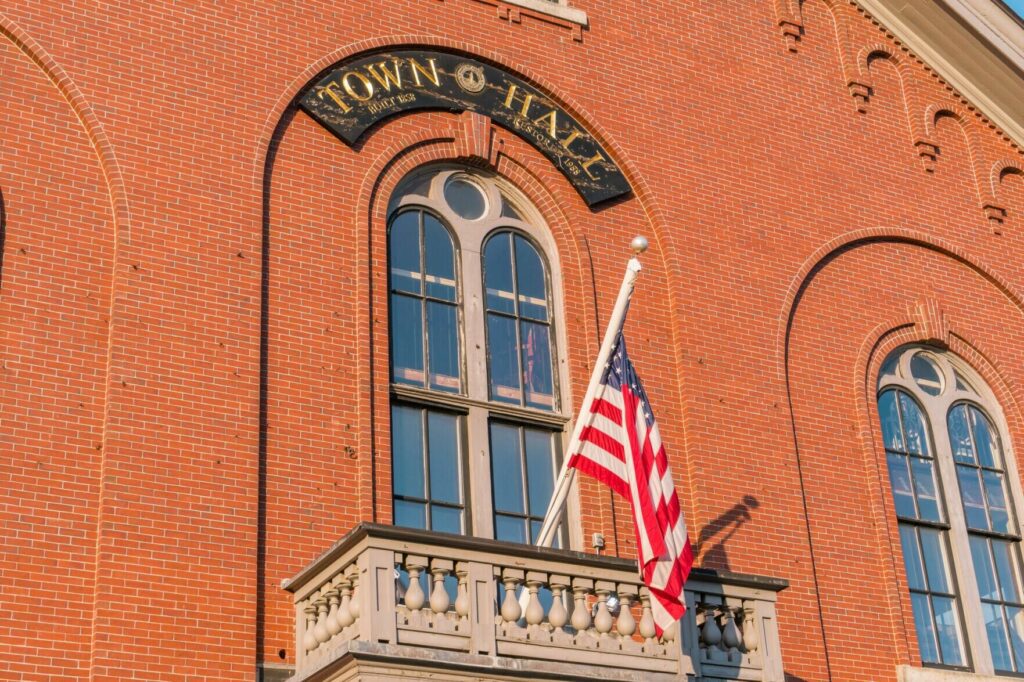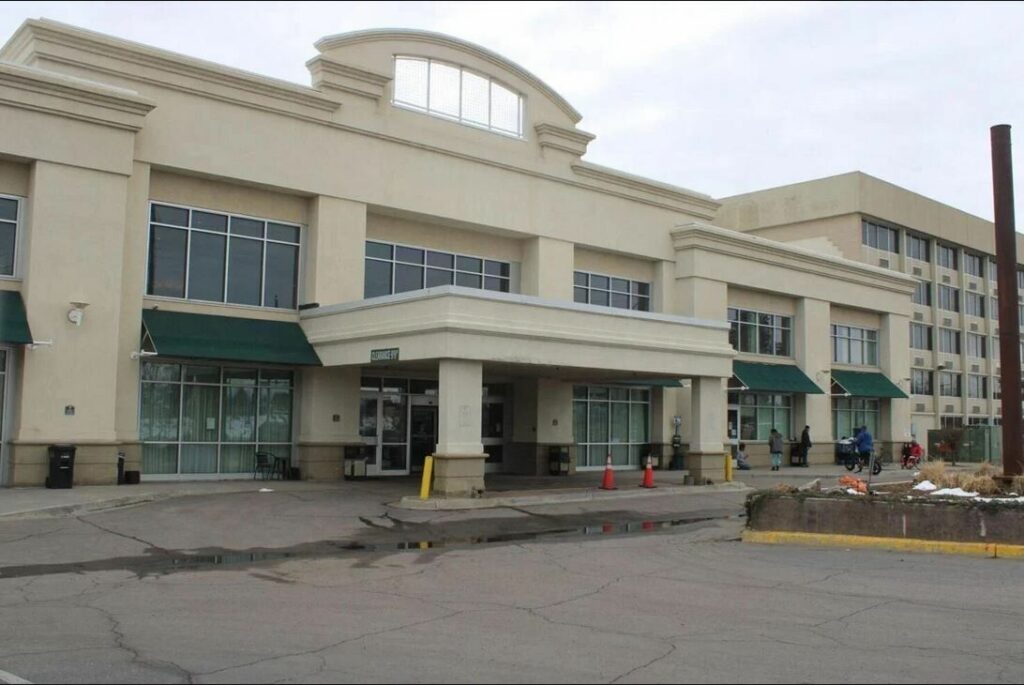Denver Gazette: The real point of Aurora’s camping ban
Aurora’s elected leaders followed through as expected this week and gave final, procedural approval to a ban on “camping” in their city. Meaning, alcohol- and drug-addicted drifters who refuse offers of shelter and other help, choosing instead to live on the streets, now might find it harder to pitch a tent in a park, near a school or along a highway off-ramp – and force their wretched and debauched lifestyle on the surrounding community. Good riddance.
It’s hardly a Draconian measure. The restrictions on camping in Colorado’s third-largest city, first proposed by Mayor Mike Coffman, would prohibit all urban camping on private and public property within Aurora. But the policy requires a 72-hour notice by authorities before an unauthorized camp can be shut down, and the city will have to have shelter available for every person staying in the camp. So, as we’ve noted here before, it’s more like a camping ban-lite.
But that didn’t stop a noisy minority on Aurora’s council from crying foul. Outnumbered since last November’s election – when Aurorans voted in part for public safety and order over bedlam and squalor – the ban’s opponents on the council argued it wouldn’t help address homelessness.
As reported in The Gazette, the council’s Juan Marcano argued that providing affordable housing options would better serve the city’s homeless population.
“This will not get people off the streets,” he said. “This will not do what it is being billed to do. We are all going to be very frustrated after we start spending more resources on moving people around the city and have nothing to show for it.”
Marcano misses the point of the ban, and he’s not the only one who doesn’t get it. Other self-styled advocates for the metro area’s homeless, in Aurora, Denver and beyond, labor under the misconception that bans on so-called urban camping are a failure if they don’t improve the lot of the vagrants they target. You know – the people who insist on squandering their lives in a drug- and booze-addled stupor on the streets. Who commit petty crimes; panhandle passersby; turn once-pleasant open spaces into their personal latrines; regard it all as a lifelong party – and then pass out on somebody’s lawn. Or in a local shop’s entryway.
The bans are intended first and foremost to protect the rest of the community – and they have rights, too. Marcano may have forgotten he actually has other constituents, the vast majority of whom work hard to pay a mortgage or rent while also paying property taxes to support their local schools, parks and other basic services. And they have every right to expect their schools, parks, streets and other infrastructure to be safe and clean. To walk to the office or a local restaurant without being harassed or worse. To let their kids shoot hoops at a neighborhood playground without having to watch addicts shoot up and toss their needles.
Granted, camping bans are unlikely to help those drifters – but Marcano’s pitch for providing affordable housing won’t do them much good, either. Court-ordered rehab is probably their best hope for emerging from their self-imposed fog.
What camping bans can do if vigorously enforced – unlike the ban on the books next door in Denver – is make a community more livable. For the many people Marcano seems to overlook.
Denver Gazette editorial board


